| |
| |
| |
| Presented By Bank of America |
| |
| Axios AM |
| By Mike Allen ·Nov 01, 2021 |
| Good Monday morning. Smart Brevity™ count: 1,183 words ... 4½ minutes. Edited by Zachary Basu. 📱Join Axios' Alex Golden tomorrow at 1:30 p.m. ET/12:30 p.m. CT for a Smart Take virtual event on job growth in Northwest Arkansas. Register here. |
| |
| |
| 🗳️ 1 big thing: Virginia's ground zero |
 Data: Virginia Department of Elections. Chart: Will Chase/Axios With massive stakes for both parties in tomorrow's Virginia governor's race, the one place to watch — both to forecast the result and understand the outcome — is Loudoun County, Axios D.C's Cuneyt Dil writes. - Why it matters: Loudoun (the second "u" is silent), about 40 miles outside D.C., reflects national and state demographic trends. And it's ground zero for cultural battles that have given Republican Glenn Youngkin last-mile momentum against Democrat Terry McAuliffe.
Zoom out: Democratic candidates in Virginia long relied on running up the vote in cities and fast-growing suburbs to win statewide. - Loudoun County was once a sleepy Washington exurb. Then its population more than doubled in 20 years along a booming tech corridor, a diversifying area key to Democratic success in the Old Dominion.
What's happening: Loudoun captured the national spotlight over controversies in its public school system, with Fox News showing heated-school board fights over masks and instruction on race. - Republicans believe that has helped Youngkin — once the underdog and now neck and neck with McAuliffe, a former Virginia governor — chip away at the blue wall.
- Even if Youngkin wins the race, he'll probably lose Loudoun. But insiders are watching how much he can reverse the big gains Dems have made in the county in the past three major elections.
As Axios managing editor Margaret Talev puts it: All roads in this race lead to Loudoun. - It's the wealthiest county in the U.S. (median income: $142,000).
- It has been Virginia's fastest growing county for the past decade.
- Many of these people are parents with children in the public schools who are being drawn into culture wars not just on COVID precautions, but gender identity and how lessons involving race are taught.
- Loudoun's population is two-thirds white, 20% Asian-American and 8% African-American.
Between the lines: Democrats say Youngkin is pouring kerosene on divisive culture war issues. The Republican has declared he'd ban teaching of critical race theory, and seized on a sexual assault case that allegedly occurred in a Loudoun high school bathroom. - It's unclear how much that tumult will matter. But education suddenly shot up to third, after the economy and COVID, as a top campaign issue in a Washington Post-Schar School poll.
Congressman Don Beyer, a Democrat from Alexandria, told Axios about the conservative uproar over how race is taught: "I think the people that it's catching on with were never going to be our voters to begin with." |
    |
| |
| |
| 2. Facebook fatigue |
 Data: NewsWhip. Chart: Will Chase/Axios. (Data through Oct. 28.) The Facebook Papers, based on whistleblower documents, were a public relations nightmare for Facebook. But so far, advertisers, users and investors seem unfazed, Axios' Sara Fischer and Neal Rothschild report. - Based on online metrics, the controversy right now seems to be mainly of interest to the media and lawmakers. Facebook stories were notably sparse last week on the "most read" lists of major news sites.
Interest in Facebook — measured by social media interactions per published article about the company — has declined over the course of the year, according to exclusive data from NewsWhip. - The Facebook Papers haven't produced big spikes, even temporary ones, in interest about the company. The biggest jumps in engagement on stories about Facebook came from stories about Donald Trump.
Google Trends data show a similar decline in Google searches for Facebook over the past year. - The Wall Street Journal's most-engaged story from its "Facebook Files" investigation ("Facebook Knows Instagram Is Toxic for Teen Girls, Company Documents Show") ranked 48th in social media interactions among all Journal stories since March, according to NewsWhip.
Share this story. |
    |
| |
| |
| 3. Hope on climate — really |
| A delegate walks past a mural at the climate summit in Glasgow yesterday. Photo: Christopher Furlong/Getty Images As President Biden lands in Scotland today for the global climate summit, the stakes are sky-high and expectations for real action are low. - U.K. Prime Minister Boris Johnson says the world has run the clock down to "one minute to midnight."
- "12 days to save the world," blares the cover of The Scotsman.
- The cover of The Observer, the Sunday companion to The Guardian: "We have just two weeks to avert disaster."
Against that apocalyptic backdrop, The Washington Post points out that scientists are seeing signs of hope in the changing politics of climate: Green parties, once written off as fringe activists, are winning over larger shares of the electorate. Green ideas have also gone mainstream, with candidates from across the political spectrum portraying themselves as friends of the climate. Go deeper — New overnight: White House fact sheet on U.S. climate commitments ... Press call previewing the summit, with White House climate envoy John Kerry and national climate adviser Gina McCarthy. |
    |
| |
| |
| A message from Bank of America |
| A $1 trillion investment supporting environmental transition by 2030 |
| |
 |
| |
| Bank of America's Environmental Business Initiative is accelerating the transition to a low-carbon, sustainable economy. Get more details on how this initiative will drive innovation to address climate change and advance the UN SDGs. |
| |
| |
| 4. Pic du jour: Halloween returns |
| Photo: Alexi Rosenfeld/Getty Images A person in a vaccine costume battles an "alien" ahead of New York City's 48th annual Halloween parade in Greenwich Village yesterday. |
    |
| |
| |
| 5. Secrets of the metaverse |
 |
|
| Mark Zuckerberg avatars were part of his metaverse film last week. Photo: Facebook via Reuters |
| |
| The cavalcade of wonders in Mark Zuckerberg's metaverse omits one crucial screenshot: what your body looks like while your mind has gone meta, Axios managing editor Scott Rosenberg writes. - Why it matters: The real you is just sitting in a chair wearing goggles. If you fear screen time atrophies your flesh, or find Zoom drains your energy, wait till you experience metaverse overload.
The video mock-ups of the metaverse Zuckerberg unveiled last week showed what remote-presence wizardry might look like from within the 3D dimension. But they left out the prosaic reality of most current VR. - Today's headsets mostly block out the "real world" — and sometimes induce wooziness, headaches and even nausea.
The big picture: Facebook's metaverse project aims to bring productivity to the remote workplace and fun to after-hours online frolics by moving more of our lives to a 3D game world. - The vision is to liberate our digital existence from the confines of the screen, restore our freedom of movement on a more "embodied" internet, and enable deeper interpersonal connections in a social environment where we can see and interact with other people.
- "When you're in a meeting in the metaverse," Zuckerberg said, "it'll feel like you're right in the room together, making eye contact, having a shared sense of space and not just looking at a grid of faces on a screen."
What's next: Mixed reality and augmented reality tech and techniques promise to make 3D work and play a more mobile physical experience. - There are fledgling efforts in this direction — like some fitness apps, the "Beat Saber" game Zuckerberg praised in his talk, and experimental pass-through video features, mixing real and digital fields of vision, that Oculus introduced last summer.
Keep reading. |
    |
| |
| |
| 6. Snapshot: How we see the parties |
| Graphic: NBC's "Meet the Press" Graphic: NBC's "Meet the Press" Go deeper: NBC's 21-page poll. |
    |
| |
| |
| 7. Tweet du jour |
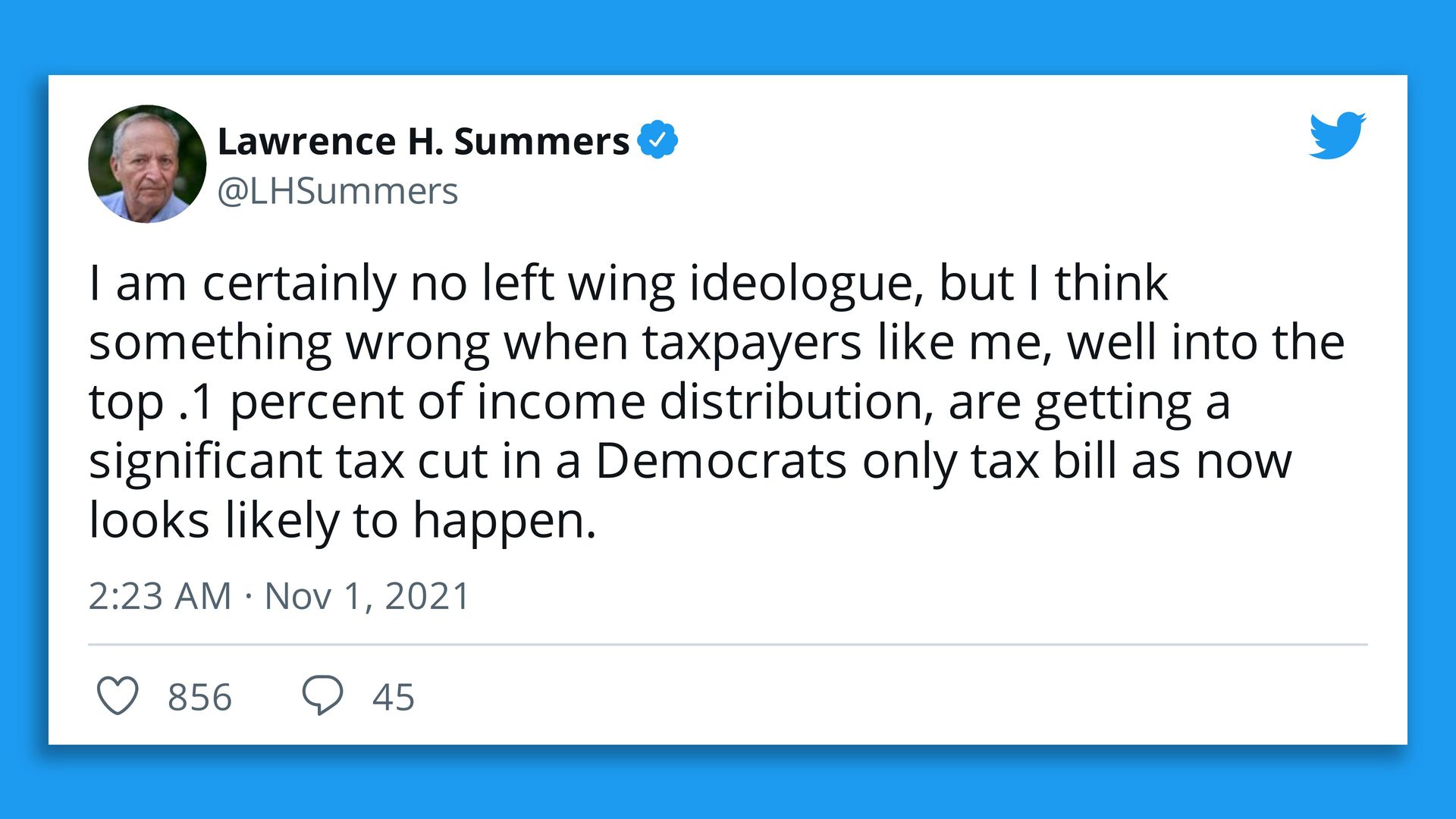 |
|
| Via Twitter |
| |
    |
| |
| |
| 8. 💉 Parting shot: Word of the year |
| Frequency of "vax" (noun and verb) in the Oxford Monitor Corpus of English. Graphic: Oxford University Press The publisher of the Oxford English Dictionary says 2021's word of the year is "vax": - A relatively rare word until this year, it now claims numerous derivatives "from vax sites and vax cards to getting vaxxed and being fully vaxxed."
The bottom line: "[N]o word better captures the atmosphere of the past year than vax." |
    |
| |
| |
| A message from Bank of America |
| A low-carbon, sustainable future |
| |
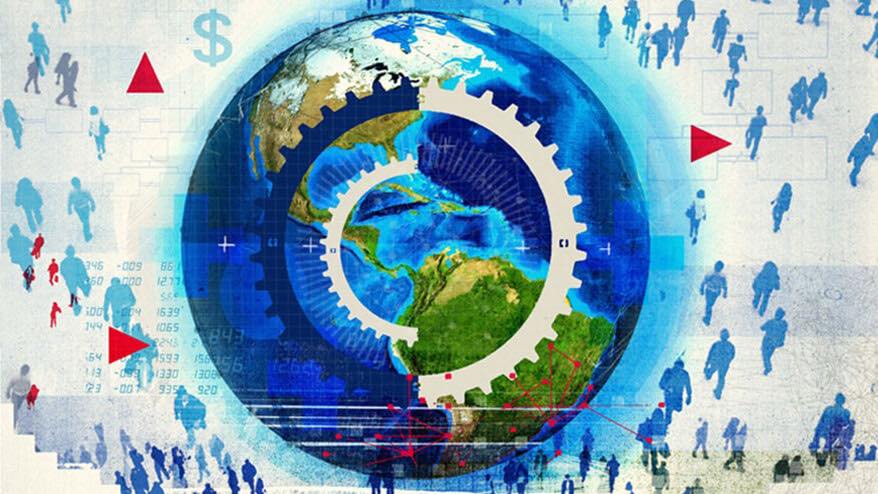 |
| |
| "The private sector is well-positioned to ensure that the capital needed – at the scale it is needed – can drive the transition to a low-carbon, sustainable economy," said Bank of America vice chairman Anne Finucane. Bank of America is investing $1 trillion by 2030 to accelerate the transition. |
| |
| 📬 Was this email forwarded to you? Sign up here for your own copy of Axios AM and Axios PM. |
 | | It'll help you deliver employee communications more effectively. | | |






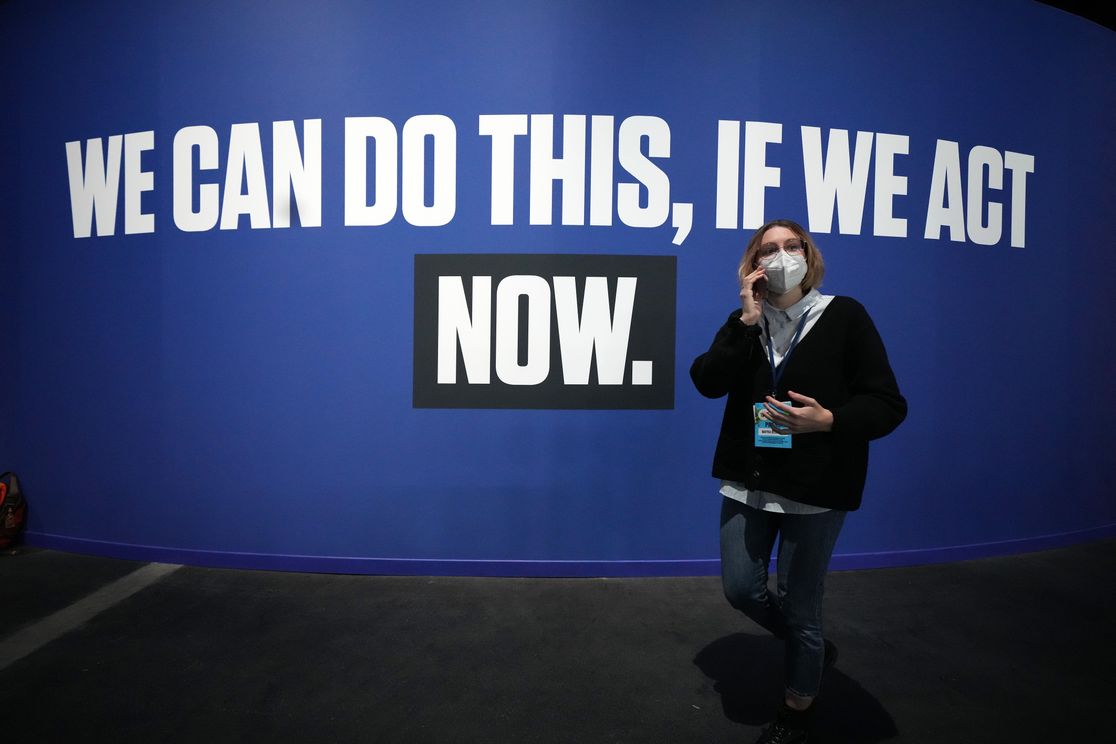
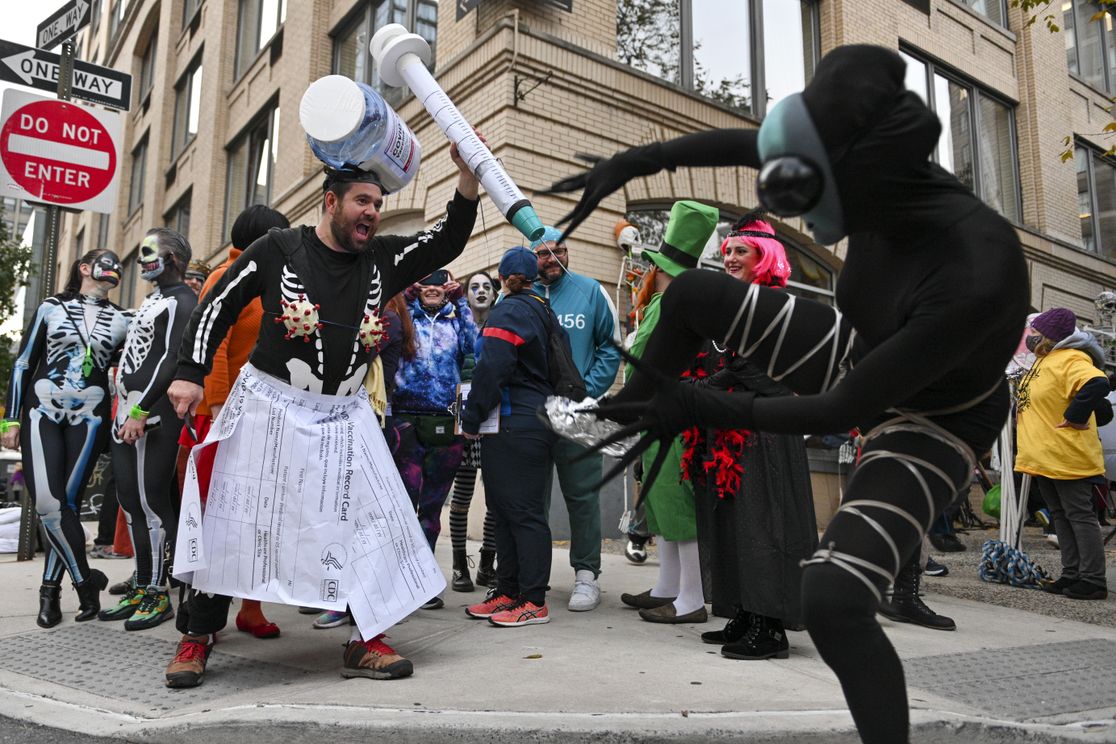

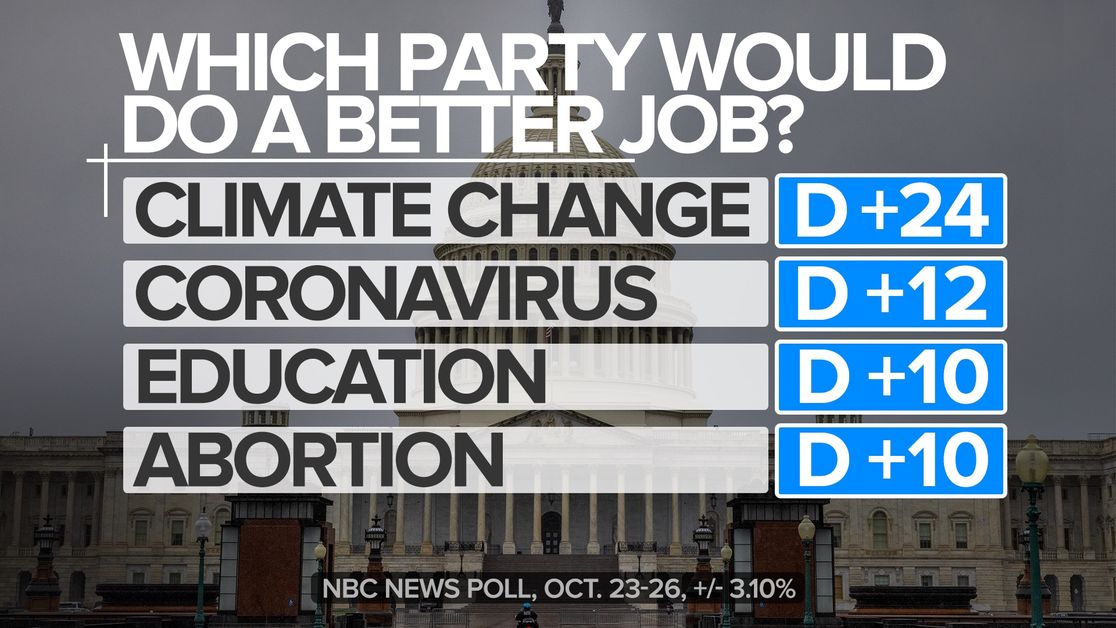
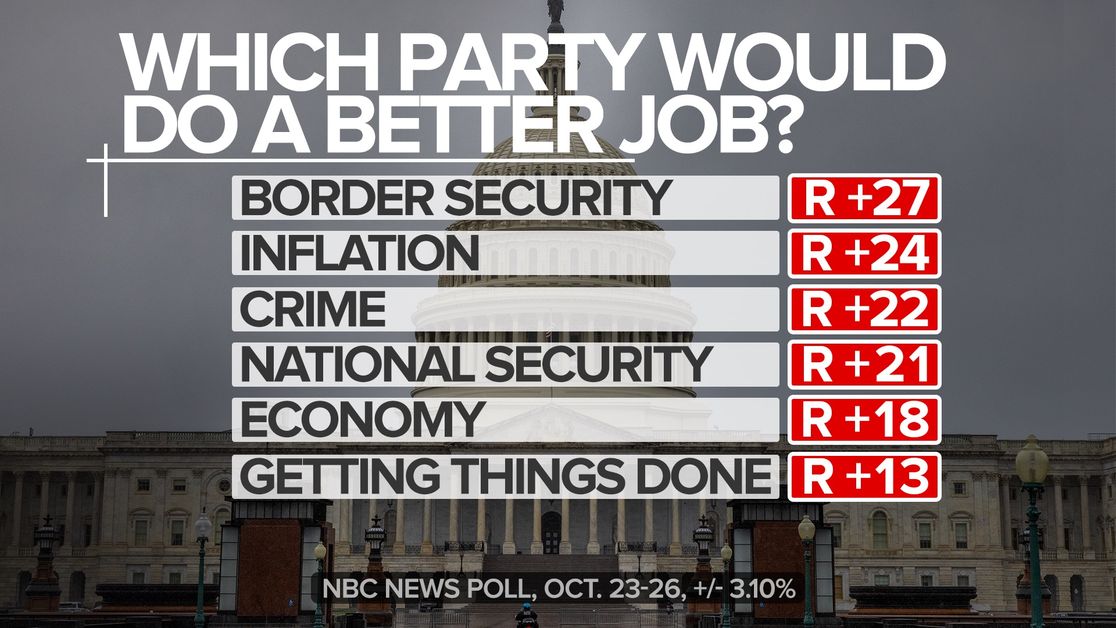



No comments:
Post a Comment